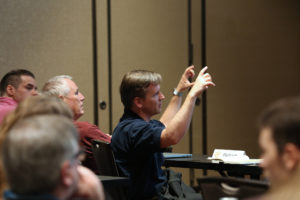Khronos Group Quiet Room Sponsorship
 We are happy to announce the Khronos Group Quiet Room Sponsorship. The Khronos Group is making it possible for us to provide not one, but two one-thousand square foot rooms to provide attendees with the down-time opportunity they need to stay at their best during CppCon 2019.
We are happy to announce the Khronos Group Quiet Room Sponsorship. The Khronos Group is making it possible for us to provide not one, but two one-thousand square foot rooms to provide attendees with the down-time opportunity they need to stay at their best during CppCon 2019.
CppCon is an intense conference
CppCon is so intense that Kate Gregory wrote about it in her 2015 blog post, Surviving an intense conference. This was from the second year of the conference’s existence. The conference has only gotten more intense in the last four years, making the advice she gives even more valuable.

CppCon has five days (nine if you include classes) full of content from 08:00 to 22:00. An event-filled week made up of very long days.
There are twenty classes, a field trip, over seven tracks of breakout sessions, daily plenary talks, BoFs, Open Content sessions, dinners, author signings, a poster competition, podcasts recorded onsite, the conference-swag shop, exhibitors, panels, a bookstore, a day-long ISO C++ Study Group meeting, lightning talks, and a Tool Time session.
All this, but the most important part is, there are over a thousand attendees, including over a hundred speakers, who you want to meet and who want to engage with you.
No one can do it all.

Taking care of you
You’ll get the most out of the conference if you are at your best and staying at your best means getting the quiet time you need. Staying at the Gaylord Rockies makes it possible, during a single breakout session, to slip back to your room, catch a cat nap, and return refreshed for the next session.
Khronos Quiet Rooms
An even nearer and quicker option are the Khronos Quiet Rooms, which will be the perfect place for you to recharge yourself and your devices while reading email, editing slides, fixing bugs, or just relaxing between events. They are not for conversations, either in person or on the phone, nor for listening to anything without headphones, because we want to make certain they are relaxing for other attendees as well.

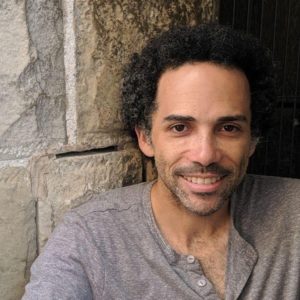 The
The 
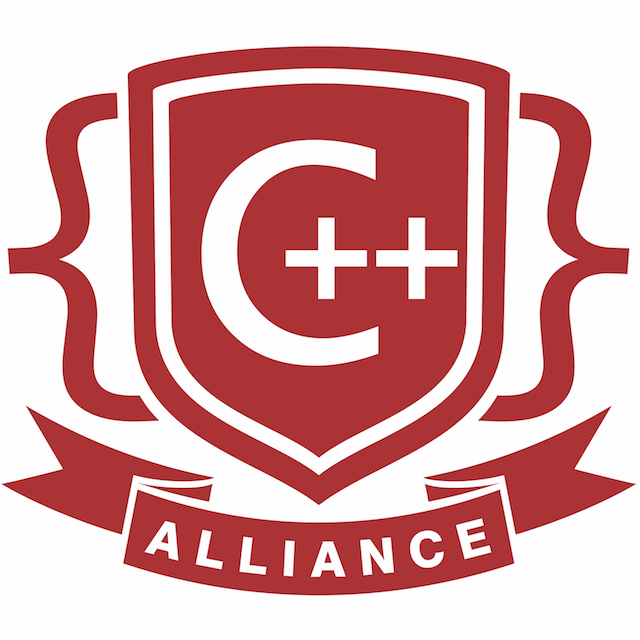
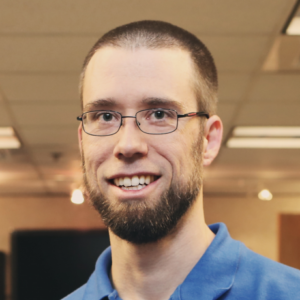
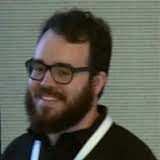
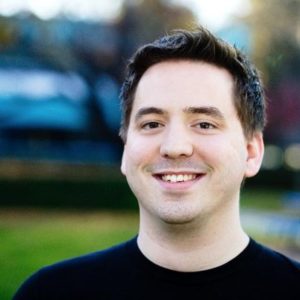



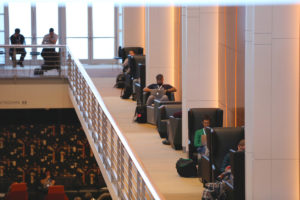
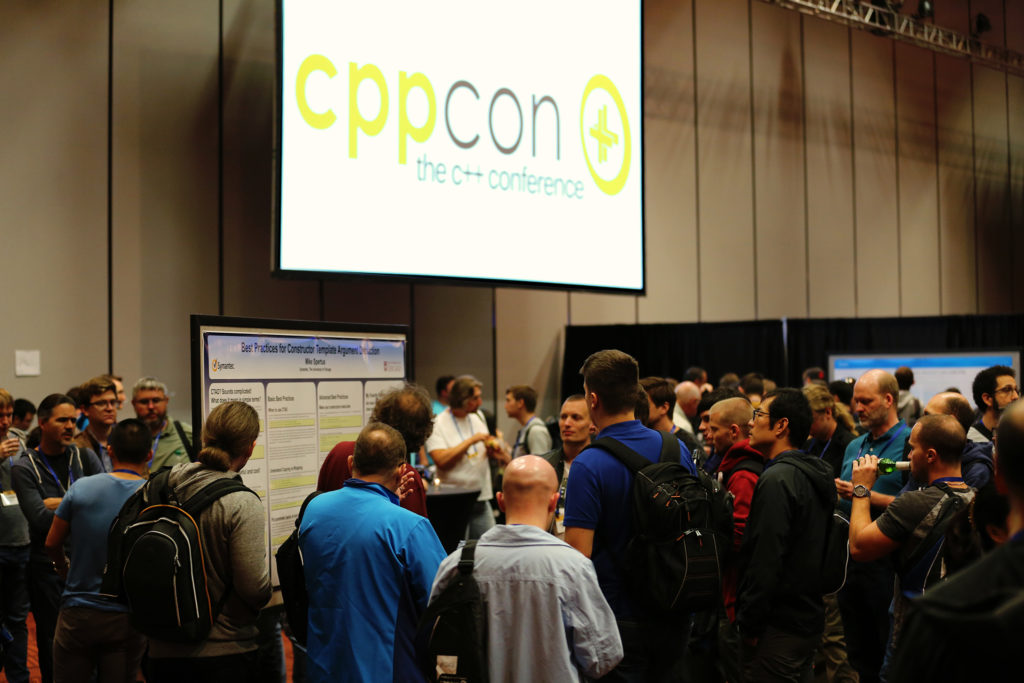
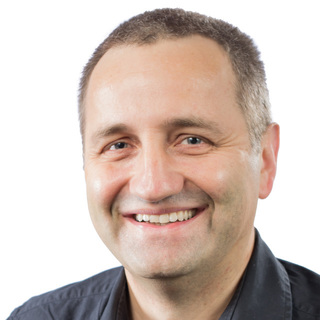
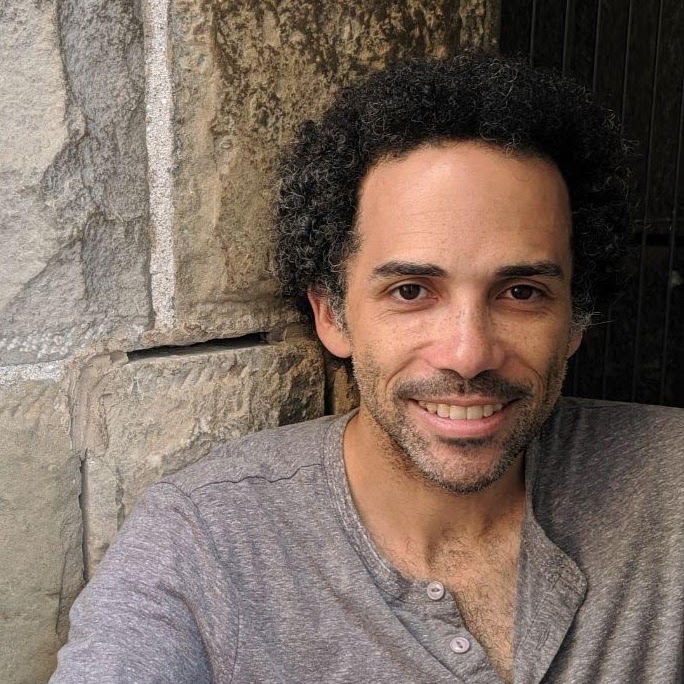
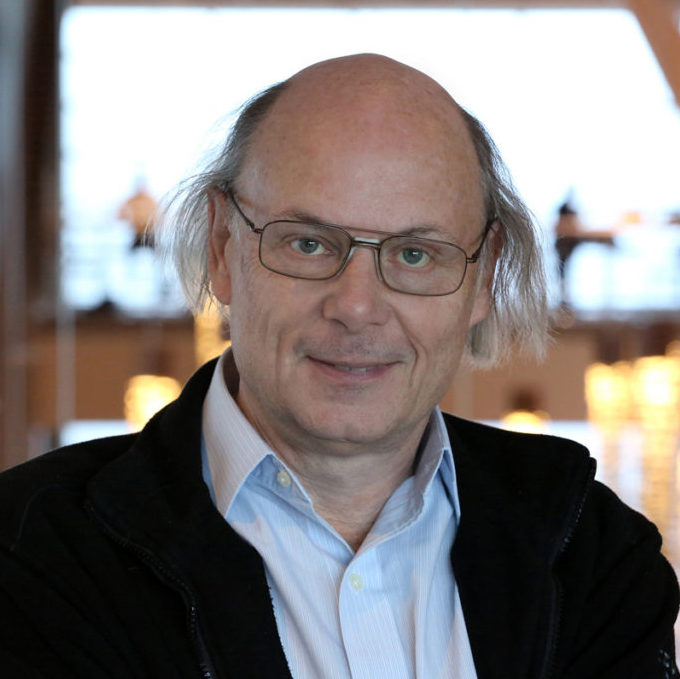
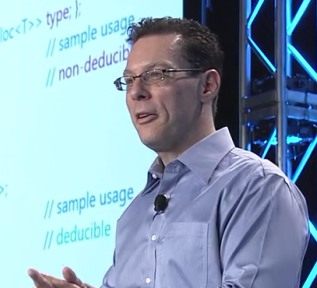
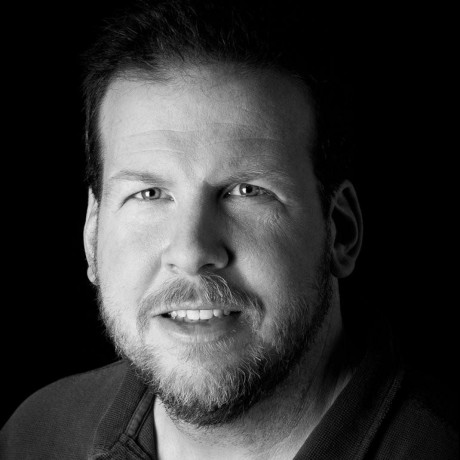
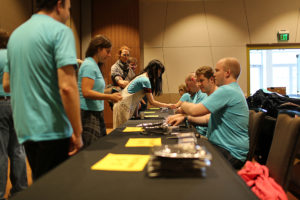
 Join us for fun and games in Denver!
Join us for fun and games in Denver!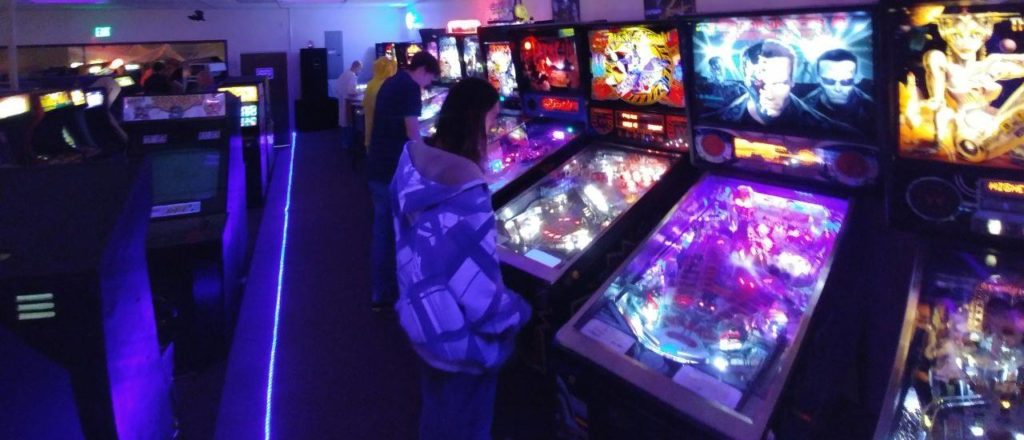
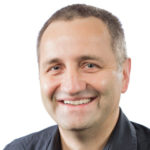

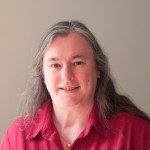
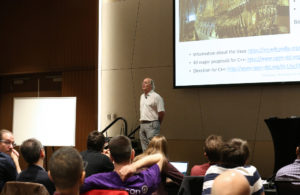 Whether you are planning to speak at a conference, a local user group, or at your own company, this workshop will help you build the skills and confidence that are key to being a successful technical presenter.
Whether you are planning to speak at a conference, a local user group, or at your own company, this workshop will help you build the skills and confidence that are key to being a successful technical presenter.